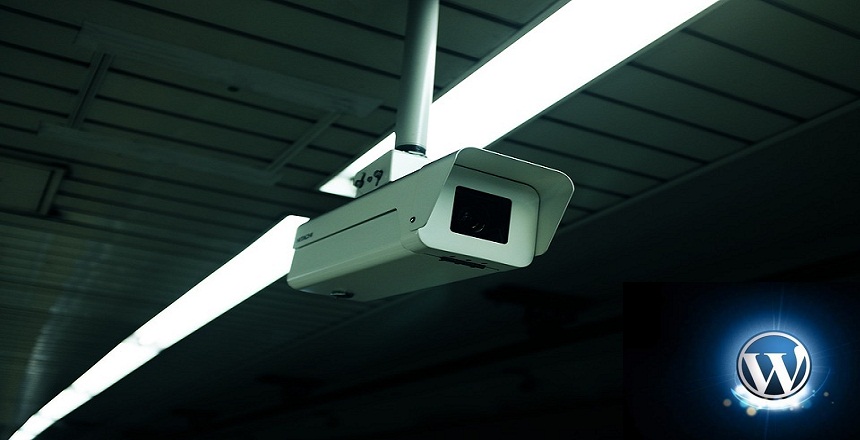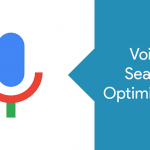
WordPress is definitely one of the most powerful content management systems out there. Initially, it was used to build blogs on, but in time it evolved to become a platform for all kinds of websites to be built on.
It is said that around 40% websites are built on WordPress. One of the most important aspects of your WordPress website is having a beautiful WordPress themes which allows you to easily customize colors and fonts.
WordPress makes it vulnerable to cyber attacks. You could be at risk of losing your data and codes being sneaked into your site with malicious purposes.
With your website being vulnerable to hacks, WordPress sure has turned very smart over the years. You can’t have a powerful content management system and not have ways to protect websites from harmful cyber attacks.
There are several plugins that keep your WordPress website safe. You can easily install these plugins and needn’t stress about your website’s security.
However, there are ways to keep your WordPress website secure without a dedicated plugin too. Let’s see how you can do that in this article.
1. Regular Updating
WordPress needs to be updated regularly. You can, of course, do it manually or even with a plugin. With manual updating, you have more control on how often you do it.
It is important to update your WordPress website regularly because, with each version, it gets more secure which is exactly what you need to avoid any kind of cyber hack.
2. Deleting Plugins
Yes, WordPress is popular for having thousands of plugins that help all kinds of websites have a professional look and feel.
It’s easy to get carried away and install a whole bunch of them or even when you’re setting up your website initially you would have needed a few.
But in time you will see that you might not need all the plugins you installed earlier. When that happens, it’s best to uninstall those plugins instead of keeping them dormant.
3. Changing Passwords
Another common way of keeping your WordPress website secure is to change passwords regularly. This is one area where it is best advised to keep things complicated. Keep it random with a set of characters and numbers instead of something personal and easy for someone to guess.
4. Using SSL
SSL is security system locker, which can help you secure your website’s admin panel. It acts as a layer between the server and the browser.
This makes it all the more difficult for hackers to get into your website and seek information. It’s easy to get an SSL certificate online and you can use it to secure your WordPress website easily.
5. Using a Two-Factor Authentication Method
The two-factor authentication method makes your WordPress website all the more secure. By adding an additional layer to the login process, users can login without risking their credentials.
You can either add a code or a secret question to complete the two-factor authentication method for logging in to your website.
6. Keeping Themes Up-To-Date
You may have a few plugins installed for various purposes. The important bit is to update it from time to time. Outdated plugins are easy targets and may bring hackers on board.
First off, use plugins only from trusted sources. Plugins are like a window to your admin panel. Be sure to secure them thoroughly.
7. Keeping an Eye on the Dashboard
If yours is the kind of website that has a lot of content and regular contributors, your dashboard will be very active.
Now, when you have an active dashboard with multiple logins, it’s best to keep a close eye on its activities. If you see unusual activities like a malicious file being uploaded, you will be able to find its source and delete it.
8. Changing the Username
It’s not only important to keep your passwords secure, but it’s also important to keep your username secure. WordPress keeps your username as ‘admin’ by default.
Most people don’t change this, which makes it half as easy to hack your website. Delete the default username and give it your own username. Create a separate admin account and login using that so you can delete the default username.
9. Limiting Login Attempts
You can install a plugin to limit login attempts. You need to limit login attempts so hackers won’t be able to try logging in multiple times.
Many hackers don’t try just a couple of times to attack a website. They go all out trying to login an infinite number of times so one of them strikes gold.
10. Keeping Database Secure
All the information that anyone needs can be found in your database. It makes it really easy for hackers to find whatever they need and to run malicious codes to attack your website.
It’s safest to have a single website on a single database to keep your website secure. And it wouldn’t hurt to rename your database from time to time so you confuse the hacker.
All the tips mentioned above aren’t foolproof, so to speak. But it is always important to do everything in your reach to keep your WordPress website safe and secure from online hackers.
You might have read of various hacks that have happened in the recent past that have disrupted the functioning of high profile websites. Now, you don’t want that to happen to yours.
Keeping your website safe from such attacks is better than being sorry once it has happened. With a few steps, you will be able to keep your website safe. Of course, there are plenty of plugins that you can use.
But just installing plugins isn’t enough. You have to follow the steps we have talked about and some more in order to keep your website safe from cyber attacks.
You never know when your website will be under a threat and instead of busting your head at the last minute to keep your data safe, it’s best to take precaution way ahead of time. It isn’t a daunting task. It is a matter of closing all security gaps so no one can trespass easily.


